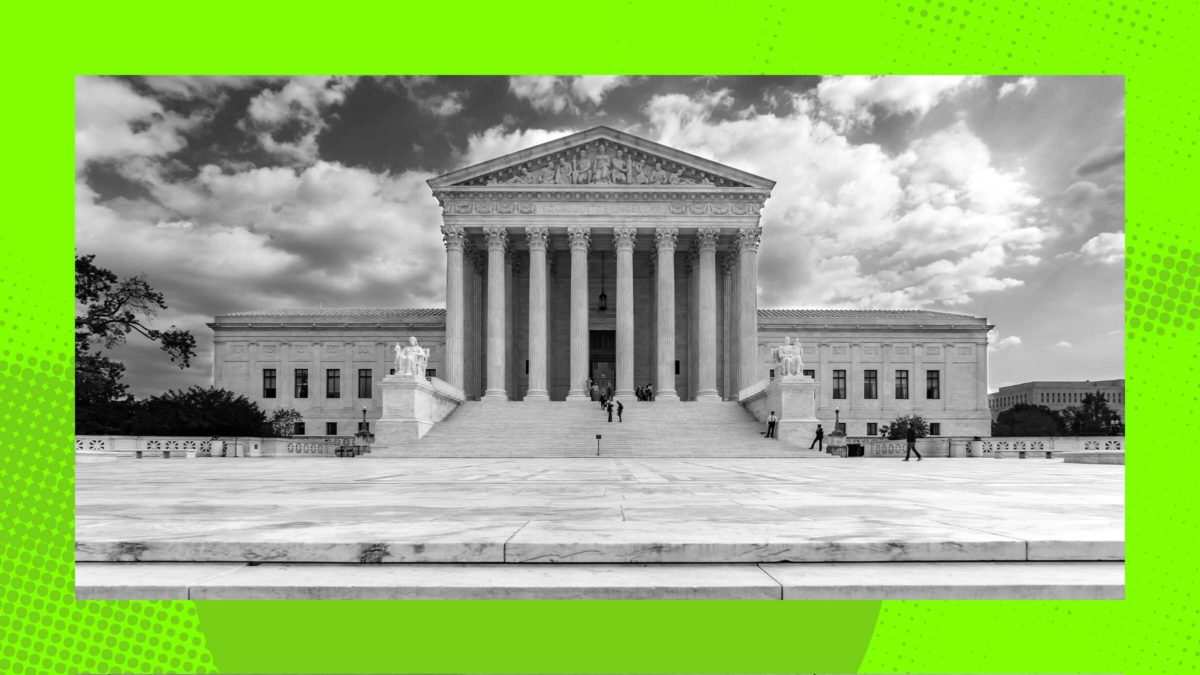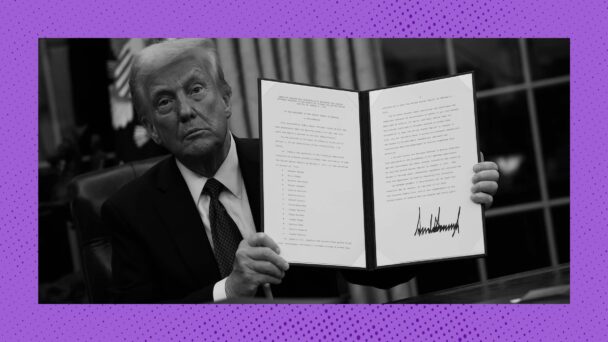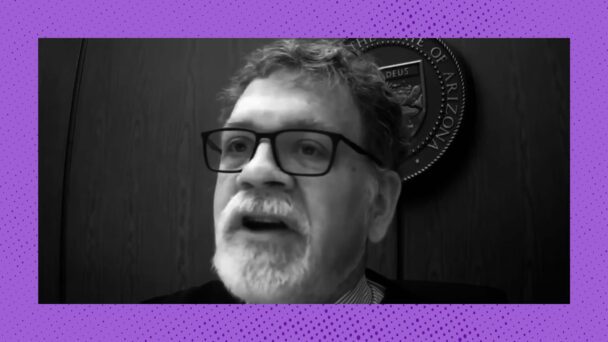It may be a new year, but the Supreme Court is stuck in the same place: mired in an ethics scandal of its own creation. Last week, Jo Becker and Julie Tate of The New York Times reported that since 2003, an alarming proportion of donations to the Supreme Court Historical Society—a nonprofit “dedicated to the collection and preservation of the history of the Supreme Court”—have come from lawyers and firms with cases before the Court, corporations, or other special interest groups.
Donations to the Society matter because they come with special access to the justices. The Chief Justice serves as the honorary chair of the organization’s board of trustees, and the justices regularly appear at gala events, lectures, and forums where wealthy donors can get some high-priced face time. The Rev. Rob Schenck, a former anti-abortion activist, recently testified before the House Judiciary Committee that he encouraged fellow activists to build relationships with the conservative justices by donating to the Society. “I believe we pushed the boundaries of Christian ethics and compromised the high court’s promise to administer equal justice,” Schenck said.
There is nothing inherently wrong with donating to a nonprofit like this. But the lack of a binding ethics code for Supreme Court justices has blurred the social and professional lives of the justices and people with stakes in the outcomes of the Court’s work. Schenck, for example, has described his practice of researching the justices’ family and religious histories to find points of commonality, and to buttonhole them at Society events. He knew his influence campaign was working when Justice Clarence Thomas invited him to his chambers to show off a wood-mounted Ten Commandments display, which members of Schenck’s group had given him as part of their efforts to promote the public placement of these monuments.
Because of its nonprofit status, the Society does not need to publicly list its donors. But Becker and Tate were able to identify the sources of $10.7 million of the more than $23 million that the Society has raised since 2003. $6.4 million came from lawyers and firms with cases before the Court, interest groups like Schenck’s, and corporations. About three-quarters of that $6.4 million came from organizations or people with business before the Court. (Among them: Chevron, which donated while the Court was pondering its liability for climate change-related harms, and UPS, whose foundation gave more than half a million dollars while the justices were deciding a pregnancy discrimination claim against the company.) Lawyers and law firms who practice before the Court represent the largest portion of the donors behind that $10.4 million—34 percent.
Donors to the Society span the ideological spectrum. They include the First Liberty Institute, a conservative nonprofit that has challenged legal protections for LGBTQ people; the Freedom Forum, a First Amendment nonprofit affiliated with the journalism industry; and the Boston Foundation, a community nonprofit that (among many other things) supports abortion rights. What donors have in common is not a shared policy agenda, but the means to get a foot in the door.
This is a Supreme Court beset by scandals. Ginni Thomas was texting politicians about attempts to overturn the 2020 presidential election while her husband was participating in cases related to it. Justice Samuel Alito has denied on-the-record allegations that he shared the results of high-profile cases to conservative activists weeks before those opinions came public. If Roberts is any closer to concluding his investigation into last year’s bombshell leak of the Dobbs opinion, he has yet to say anything about it.
The Times’s reporting only reiterates the consequences of the Court’s stubborn failure to take ethics seriously: Instead of delivering equal justice under law, it delivers results for whoever can afford to buy a ticket.




